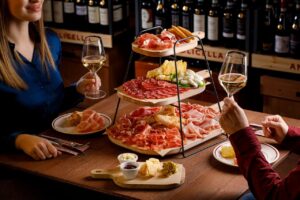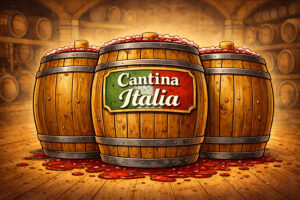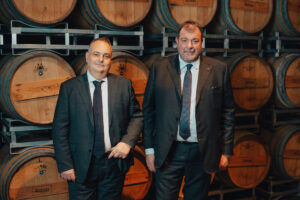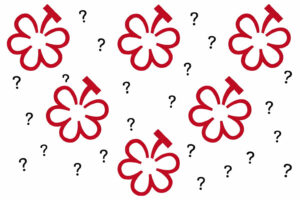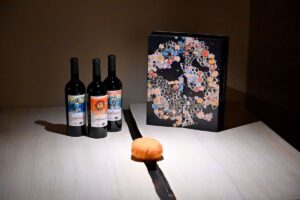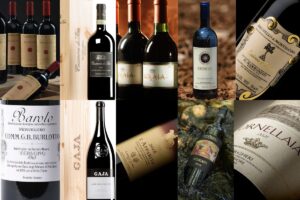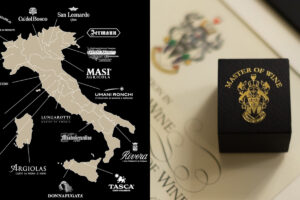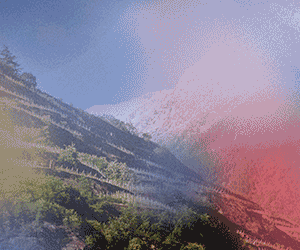Without Artificial Intelligence (AI) many of the applications already adopted long ago in the vineyard for more accurate and sustainable management would not be possible, not to mention the genetic improvement of vines and other agricultural plants, which could not go one step further without the predictive capability of AI, hopefully with the advancement of computing responding adequately to the need to manage and store the amount of data generated. And that doesn’t sound like an exaggeration, because genetic research is the most data-generating science of all time. “At the base of the knowledge and use of artificial intelligence are the studies of Leonardo Fibonacci (1170-1242), who investigated the mathematical mechanisms of algorithms”, Professor Attilio Scienza told Wine2Wine, Vinitaly’s “business forum” in Verona, introducing the relationship between wine and artificial intelligence. “As early as the 1950s,” Science recalled, “people talked about AI by defining three goals: to act as a man would act, to think as a man would think, dealing with situations by means of cognitive functions, and to make decisions geared toward obtaining the best possible outcome based on the data actually available. But going back even further, this thinking starts from the Enlightenment, a period of which we do not have a complete account because the Church regarded it as an attack on religious knowledge in favor of the power of thought. It is from the Enlightenment that the knowledge of chemistry, physics, microbiology that gave the foundation for what we practice in the vineyard and winery today. And also, and equally important, the Enlightenment gave men the awareness of their ability to think. It gave dignity and made the bourgeoisie aware that they could have their own thinking compared to the powerful people who ruled. 300 years after the Enlightenment, AI can have, and already has, important concrete uses. There are areas of science that could not advance without it.” The most important applications of Ia in viticulture involve vine breeding in which the use of a machine learning algorithm for predictive analysis of the behavior of certain genes in certain stress situations helps predict, for example, which genes are most important for plant survival in the face of cold, root asphyxia, drought or the presence of pests. “Artificial intelligence is fundamental in genetics in general and even more so in genetics applied to grapevines because the volume of data we produce is otherwise unmanageable”, explained Carlo Pozzi, a geneticist at the University of Milan, Italy, “so we are talking about data derived from DNA sequences, guided phenotyping with drones, satellites and whatnot. All this generates a volume of data that has to be managed by models, otherwise we would not be able to translate genotype into phenotype, that is, into something that can then be managed in the field. So, genomics, so the ability to produce data in genetics, is the science that is producing the most data of all, ever, in any era. Information technology has to adapt, it has to keep up, so we have to have adequate data management, analysis and storage systems in place, and we probably haven’t even begun to realize how big they have to be”. The other area of application for AI is precision viticulture or viticulture 4.0, which, as Luca Toninato, vice president of Enogis, explained, “optimizes cultivation strategies by improving yields, nutritional content and climate resilience of crops. Precision viticulture, through the use of information technologies, enables the collection of information for rational and sustainable vineyard management, focusing on variable rate agronomic interventions and vigor maps. Thus, it is possible to optimize wine production in terms of quality and quantity while taking into account the actual needs of the crop and the biochemical and physical characteristics of the soil.” Returning to the Enlightenment, Science recalled that Kant, the great German philosopher, pointing to his motto in “sapere aude” “have the courage to know”, defined the new values of knowledge: optimism, equality, to, tolerance, brotherhood, solidarity, progress, freedom and happiness. And he asked, “Will it be able, the AI, to give the progress of knowledge, the same immaterial content as the Enlightenment and put man at the center of its action?” Only time will tell.
Copyright © 2000/2025
Contatti: info@winenews.it
Seguici anche su Twitter: @WineNewsIt
Seguici anche su Facebook: @winenewsit
Questo articolo è tratto dall'archivio di WineNews - Tutti i diritti riservati - Copyright © 2000/2025














